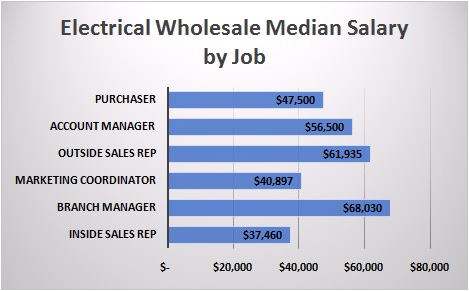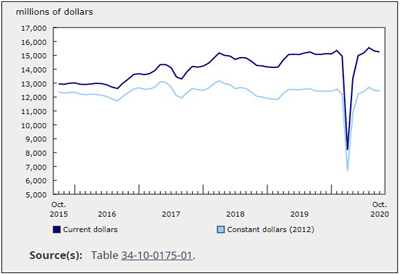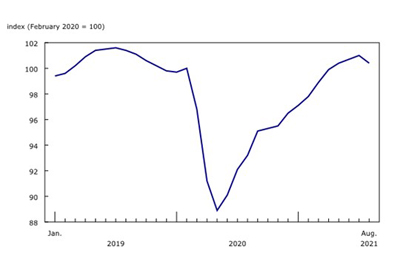Weighing the Costs and Benefits of Technology

July 12, 2019
By Taylor Gerrie
Technology is our greatest ally and accomplishment, but do the benefits outweigh the costs? In my opinion, they absolutely do! As consumers we use technology in almost everything we do. We use it for entertainment when we watch television, we use it to control the temperature in our homes, we use it when driving to destinations we have never been to. Technology has made our lives so much more convenient and efficient. Technology has brought out these benefits in the workplace as well. This technological phenomenon has also had a huge impact in the electrical industry. The term “Internet of Things,” or IoT, is just a term used to illustrate the fact that everything is becoming connected together through the Internet.
This is also forcing customers, distributors and suppliers alike to change the way they do business in order to stay competitive and survive. Many companies have embraced these changes, which has led to substantial advantages and rewards:
• improved efficiencies in production, optimizing yield
• easier access to information
• greater levels of safety and security resulting in overall improved profitability
In addition, this leads to better decision-making and overall intelligence. This has been very beneficial to all types of consumers.
Industrial customers in all verticals use technology in their production lines to produce products at a faster rate while preserving quality and reducing downtime. For example, over 70 million cars were produced in 2017 using production lines. Each automotive company uses devices and sensors to ensure each product is identical and the end consumer will always get the same level of quality and safety. How would you feel if you purchased your car that couldn’t deploy the airbags in an emergency? All the technology in place prevents this from happening so you can feel safe when purchasing a brand new car without having to wait too long as the manufacturer is able to keep up with ever increasing levels of demand. Car manufacturers cannot afford extended downtime as this will result in millions of dollars in lost production. Using technology can prevent downtime or, if unavoidable, reduce it as much as possible. This has allowed companies to change from reacting to unexpected problems to proactively predicting when they will occur. While on the subject of cars, think of the technology we now have in our own personal vehicles: Speed sensors, collision avoidance, lane guidance systems, backup cameras, and even Wi-Fi. Cars can literally parallel park themselves automatically. This was not possible just a few years ago.
It is worth noting some companies are falling behind in this technology evolution. They may face challenges with slower production without the use of automation and robotics. They may also be more susceptible to human error and potential risk to human life. The resistance to upgrade is understandable to a certain extent as automating a facility or upgrading old technology does come with an upfront cost. However, this investment far outweighs the upfront cost as the longer a company waits to upgrade their technology, the more money is inadvertently spent on putting bandages on existing issues. Technology will continue to evolve at an exponential rate and continue to deliver benefits to those who embrace it. Very soon cars will be driving themselves… what’s next?
Taylor Gerrie is Director of Strategic Transformation for Gerrie Electric in Burlington; www.gerrie.com











